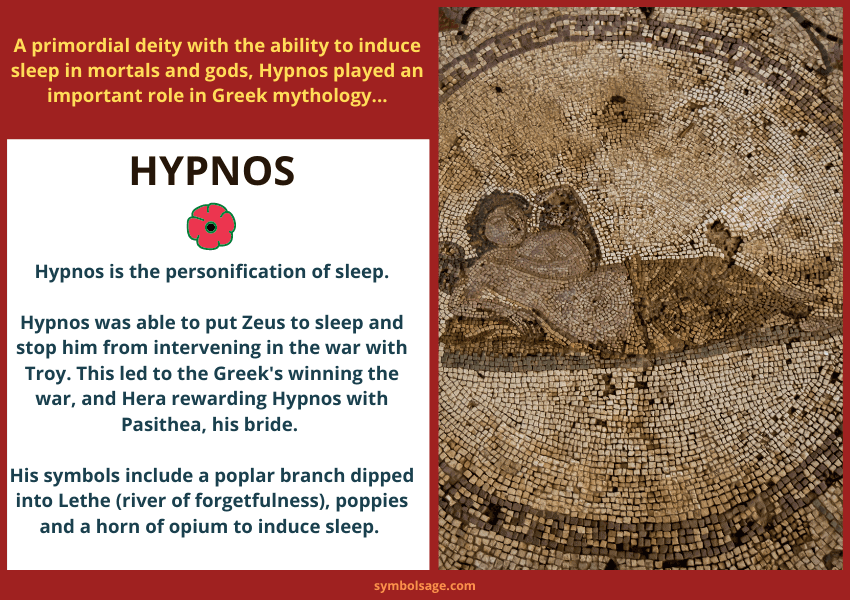
To this day, poppies are worn by veterans and those honoring soldiers for Remembrance day as well as Veterans day. The red of the poppies has often been compared to the blood sacrificed in war for the sake of gaining advantage or battling for higher ideals. The poppies McCrae refers to grow on the battle-ravaged fields of Flanders. It is a remembrance poem dedicated to fallen comrades in battle. Moreover, the poem stirs up ephemeral concepts of life, how existence is at once fleeting yet also continual. The poem elicits feelings of transience, perhaps even the futility of conflict/violence. Lieutenant Colonel John McCrae (1872 – 1918) Poppies are also featured in the legendary poem, Flanders Field by John McCrae: Themes of resurrection and immortality (salvation of the soul) blossom as the poppy (and the spirit) never really die, just renew and ascend. This association is seen in metaphor as the red petals of the poppy symbolize the blood of a sacrificed Christ. In Christianity, poppy symbolism is recruited to represent death as a period of tranquil slumber. Dependence upon external substances/influences to lift the veils of illusion is considered a lazy approach to enlightenment. Honest masters know enlightenment is induced from within and through a connection with the infinite. However, its associations with opiate-induced stupors also lend meanings of sloth, dependence and an inability to temper pleasure with the banalities kicked up by living a pragmatic life. In Chinese symbolism, the poppy represents rest, beauty and success. We blossom at our crown only when we can move well-being up through our roots. Further, this chakra prompts human awareness to be fed from rich, nutritive soils and encourages that nourishment to be pulled from our roots and moved up through the rest of the chakras. Poppies come in many colors, but they’re typically dressed in red, the chakra color corresponding to the Muladhara. Poppy symbolism is also associated with the Muladhara chakra (I write in more details about the Poppy/Muladhara connection on my blog). Her absence marked the winter, her submersion in the underworld signifies a kind of “closing the shutters” and slumber in the cycle of life. She would leave her mother Demeter in the winter to join her husband, Hades. The theme of sleep is carried through as Persephone’s cyclical excursions to the underworld were timed with the seasons. Poppies are also sacred to Demeter who was said to concoct an infusion of poppies (like a tea) in order to sleep through her sorrow while Persephone was absent. “Gleams from remote worlds visit the soul in dreams.” ~Percy Shelley To me, this speaks of the potential found in unconventional reality and messages wafting up through our dreams like a sweet fragrance – waiting to be recognized. Morpheus’ dad is Hypnos the deific governor of sleep. He was born from “night” – his mother is Nix, the goddess of night and dark creations. He was destined to live here and rule the realms of dreams – it was in his genes. Morpheus lived in his own world – a world of dreams, fantasy and complete non-adherence to traditional reality. The ancient Greeks knew this too, and so we see another link to Morpheus and poppy symbolism. I mean, it’s no secret opium is derived from poppies.

Most of us are familiar with the hypnogogic (hallucinogenic/narcotic) properties of the poppy. In fact, the cocooned bud seems to droop in somnolence, as if enchanted or perhaps the bud is pregnant with floral dreams. If you’ve ever seen a poppy in its process of growth, you’ve observed just before blooming, the bud hangs its head – heavy with the promise of blossom. Why? Because the poppy is a powerful symbol of dreams, vision and the psyche.


These thoughts on the meaning of poppy symbolism is inspired by a dream I had, which is pretty uncanny as the poppy is a symbol of Morpheus, the Greek god of dreams.


 0 kommentar(er)
0 kommentar(er)
